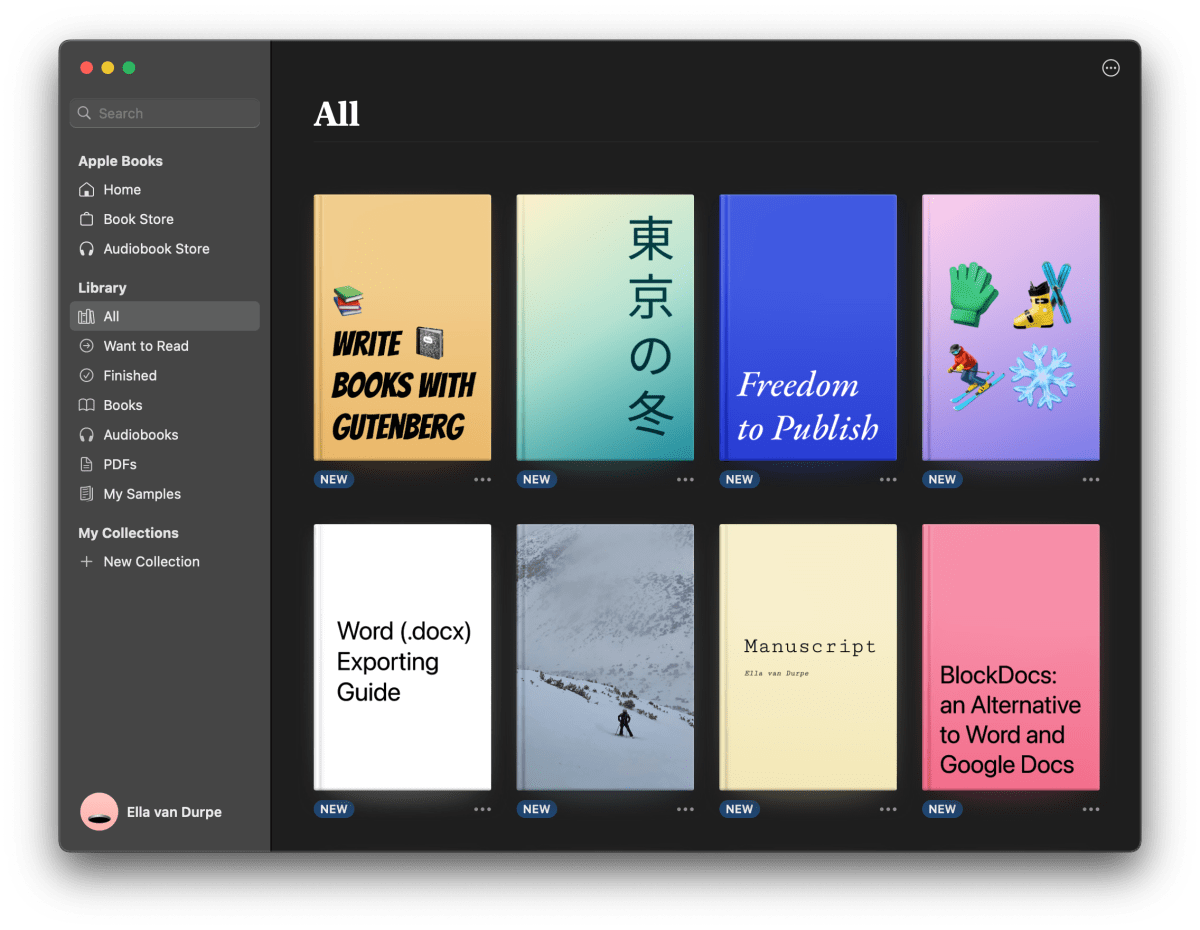Gutenberg’s Block Editor: A New Era for E-Book Creation
Writing can be a deeply personal and fulfilling experience, especially when you find the right tools to facilitate your creative process. As the chill of winter sets in, many writers seek the comfort of their favorite writing environments. For those who prefer working offline, there’s exciting news: the Gutenberg Block Editor now supports the creation of electronic books and various documents. This development highlights a significant leap forward, bringing full-circle innovation to this beloved editor.
The Block Editor, known for its versatility and user-friendly features, has long been a favorite among WordPress users. It offers clean, semantic markup, which is a type of code that helps search engines understand the content of your webpage. Additionally, the editor is adept at cleaning up pasted content, ensuring that any messiness from other sources is tidied up automatically. Another practical feature is the ability to auto-link selected text simply by pasting a URL. This makes the editing process seamless and efficient.
Navigation within the Block Editor is made easy through its List View and Outline panels. These tools allow users to effortlessly move through their content, providing a clear view of the document’s structure. The development team behind the Block Editor is continually working on enhancements and new features. For instance, users can look forward to more refined drag-and-drop interactions set to roll out in early 2025.
The inspiration behind these advancements led to the creation of an app that can read and write local files, much like traditional document editors. The chosen file format for storing content is EPUB, an open standard for e-books. Essentially, an EPUB file is a ZIP file containing HTML (similar to a WordPress post) and media files. This choice reflects the growing need for a standardized format that promotes accessibility and ease of use across multiple platforms.
The Block Editor’s ability to facilitate book writing is revolutionary. EPUB files are highly compatible and can be opened by a variety of e-book applications, including Kindle and Apple Books. This compatibility ensures that even those without access to the Block Editor can read the content, making it a portable and convenient option for writers and readers alike.
One standout feature of the Block Editor is its ability to create a cover for your book or document. This allows for easy identification of different projects. Additionally, each heading within the document is treated as a separate chapter, which facilitates straightforward navigation when the content is accessed through an e-book reader.
It’s important to note that the term "book" is used loosely here. While the resulting file is primarily designed for e-books, the Block Editor’s flexibility allows for the creation of virtually any document type. Users can export their work to a DOCX file if needed, although it’s worth mentioning that more complex block features are not yet supported.
As with any innovative project, there is room for growth and improvement. The Block Editor’s current capabilities are just the beginning. Future updates are expected to introduce features such as revision history and the ability to open externally created EPUB and DOCX files. These enhancements will make the editor even more powerful and versatile for users.
For those interested in exploring the Block Editor further, the project is open source. This means that the software’s code is publicly accessible, allowing anyone to contribute to its development. This collaborative approach welcomes feedback and input from users, fostering a community-driven environment for innovation.
While still in its early stages, the demo version of the editor is available as a Progressive Web App (PWA) in Chrome. PWAs offer the advantage of being installable, providing additional functionality such as opening EPUB files directly from the operating system. Though the editor is fully functional without installation, these added benefits enhance the user experience.
Looking ahead, there are plans to possibly develop native applications for the Block Editor, further expanding its reach and capabilities. In the meantime, user feedback is highly encouraged and can be submitted through the project’s GitHub page.
In conclusion, the Gutenberg Block Editor is poised to transform the way we create and interact with digital content. Its offline capabilities, combined with the flexibility to produce portable and accessible e-books, make it an invaluable tool for writers. As the project continues to evolve, it promises to deliver even more innovative features that will benefit users across the globe. Whether you’re a seasoned author or just beginning your writing journey, the Block Editor offers a robust platform to bring your ideas to life. For more information, you can explore the GitHub repository or try out the demo editor.
For more Information, Refer to this article.

































